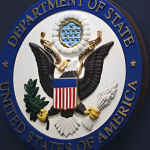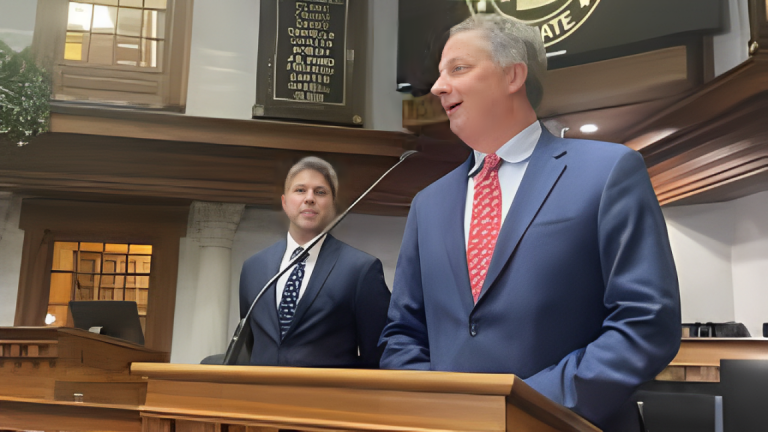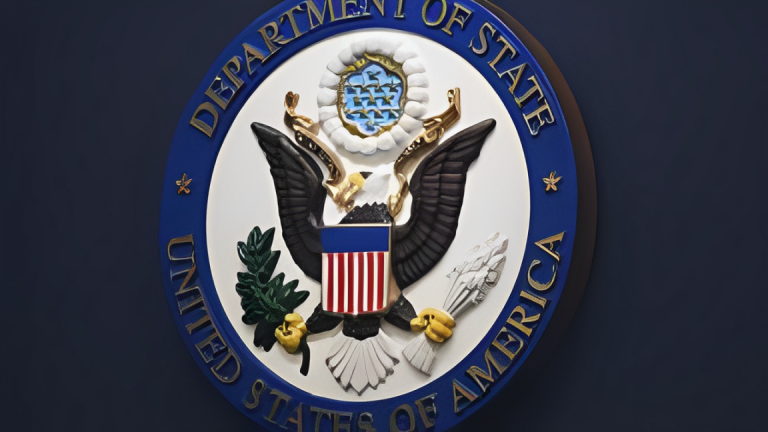The IRS has officially acknowledged a significant change to the 401 (k) regulation that would affect millions of Americans. 401(k) plans are savings accounts that allow you to save for retirement while keeping a certain amount of money tax-free. These programs, which are popular among firms and employees in the United States, will be revised as a result of the Internal Revenue Service’s recent regulation release. As a result, this change impacts how 401(k) plans and other retirement resources are used. Americans can now use an ATM to withdraw up to $1,000 without incurring penalties from their accounts, thanks to the IRS’s new policy that will help them pay for unexpected costs.
The IRS has officially made official the most major modification in the 401(k) rule
This change influences how 401(k) plans and other retirement savings are used. Americans can now use an ATM to withdraw up to $1,000 without incurring penalties from their accounts, thanks to the IRS’s new policy that will help them pay for unexpected costs. Furthermore, the IRS highlighted that some of these emergencies are due to health challenges, funeral expenditures, auto repairs, and other personal matters. This is good news because, before this announcement, individuals who wanted to withdraw money early had to pay income taxes on it. They also had to pay a 10% early withdrawal penalty if they were under the age of fifty-nine or fifty-five.
To avoid all of these costs and penalties, you must now demonstrate that you require the funds for an emergency, or you will face the 10% penalty. Except for rollovers to another retirement account or back into your 401(k), the new restriction is only on cash withdrawals. The SECURE 2.0 Act, which goes into force in 2024, enabled this adjustment. Because a 401(k) plan is a qualified deferred compensation plan, you can typically request that your employer contribute a portion of your cash earnings to the plan before taxes are deducted.
According to the IRS’s official website, deferred pay, also known as elective contributions, is normally not reported as income on your U.S. Form 1040 and is not subject to income tax withholding at the time of deferral. In addition, your employer must report elective payments as wages payable to federal unemployment tax. According to the IRS website, certain plans allow you to make after-tax voluntary contributions as Roth contributions.
Why are 401(k) plans vital to Americans?
Employees can withdraw funds from many 401(k) plans if they have an urgent financial need. Traditionally, only an employee’s voluntary contribution amount was removed from their 401(k) plan distributions in the event of hardship; earnings on deferred amounts were excluded. On the other hand, the idea might raise the amount of money available for hardship distributions beginning in 2019. According to the website, hardship payouts are not eligible for rollover distributions.
Mistakes to Avoid With Your 401(k) Account
Common 401(k) rollover mistakes are costly and annoying, but they are simple to avoid and can have a big impact on your retirement savings. Americans must recognize that not all 401(k) assets can be rolled into an IRA, potentially resulting in costly tax complications or missed tax-saving opportunities. A failed rollover may result in the entire balance being dispersed, making withdrawals completely taxable and perhaps subject to a 10% early withdrawal penalty. Here are the most crucial mistakes you should be aware of.
Taking use of your 401(k) rather than rolling it over The amount you leave to grow in your 401(k) account, rather than how much you contribute, is the key to financial freedom. Thus, during difficult circumstances, emptying retirement savings may appear to be a quick answer, but it can have serious ramifications for future retirement security, such as hefty taxes and early withdrawal penalties.
Forget about your prior 401(k)s: In 2015, Americans lost more than $7.7 billion in retirement savings as a result of mistakenly and unknowingly quitting their 401(k), underlining the serious consequences of retirement account desertion.
Converting your 401(k) to an annuity comes with high fees: People frequently attempt to convert low-cost investment options into annuities with hidden fees, usually with the assistance of annuity salespeople. The upfront commissions offered by annuities are too high to pass up, and consumers may find up paying expensive costs to cover them.




























+ There are no comments
Add yours